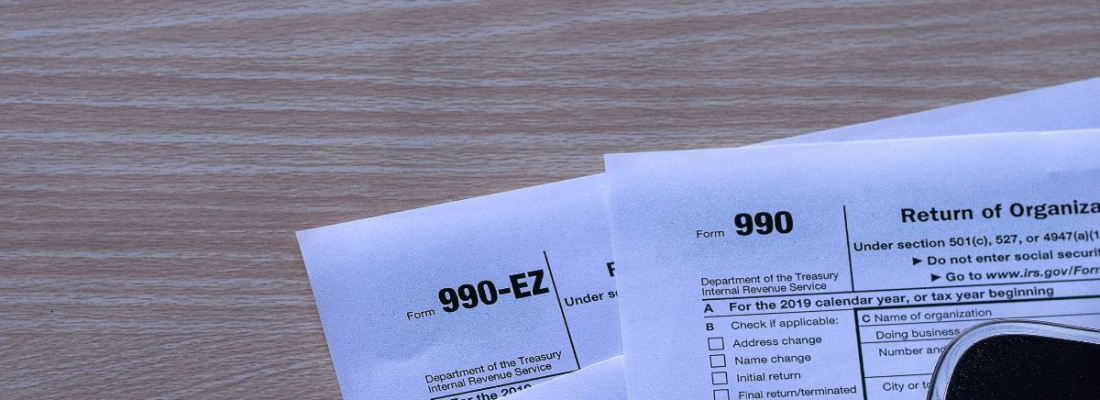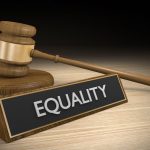The U. S. Supreme Court recently agreed to hear a legal challenge to California’s requirement that 501(c)(3) organizations provide a list of their major donors to the California Attorney General every year as part of their Form 990 Schedule B return.
The IRS requires most 501(c)(3) organizations (except churches and other exempt religious organizations) to file an annual information return using IRS Form 990, 990EZ or 990-N. Schedule B of that form requires the reporting of donor information (name, address, and donation amount) for annual contributions of more than $5,000. By federal law, Schedule B filings are exempt from public disclosure requirements to protect confidentiality.
In contrast with the IRS’ disclosure requirement for tax compliance purposes, the California Attorney General requires the disclosure of Schedule B donor information as part of its charitable solicitation regulation related to fundraising. Failure to do so can result in a temporary or permanent prohibition on a nonprofit’s fundraising activities in California and a revocation of their tax-exempt status for state tax reporting purposes.
On September 11, 2018, the U.S. Court of Appeals for the Ninth Circuit held that California’s donor reporting requirement does not violate the First Amendment. Following the Ninth Circuit ruling, two nonprofit organizations — Thomas More Law Center and Americans for Prosperity Foundation — petitioned the U.S. Supreme Court to hear arguments that California’s disclosure requirement violates the First Amendment rights of speech and association.
In its petition for writ of certiorari, plaintiffs stated that before its litigation began, California had no statutory or regulatory provision to guard donor’s confidential information from public disclosure. Even after suits were filed, plaintiffs state that the Attorney General’s Office “belatedly devised a system of automated and personal reviews to identify documents that should be classified as confidential and not made public online. Yet the Attorney General’s new system does not prevent employees and contractors from downloading, emailing, or printing donors’ names and addresses and then disclosing them publicly.” In addition, plaintiffs noted that California has no penalty for accessing, leaking, publishing, or soliciting donors’ names and addresses.
The plaintiffs argue that California does not have a significant enough government interest to warrant such an intrusion into donors’ privacy. In fact, plaintiffs assert that the lack of safeguards at the state level in protecting donor privacy subjects both the charitable organizations and its donors to elevated risks of injury.
The consolidated cases are Americans for Prosperity Foundation v. Becerra and Thomas More Law Center v. Becerra. Arguments before the U.S. Supreme Court are scheduled for April 26, 2021.
The Church Law Center of California assists churches with organization, governance, and risk management. We can help your church craft policies so it is in a better position to address problems as they arise. To find out how we can help your church, call us today at (949) 892-1221 or reach out to us through our contact page.






